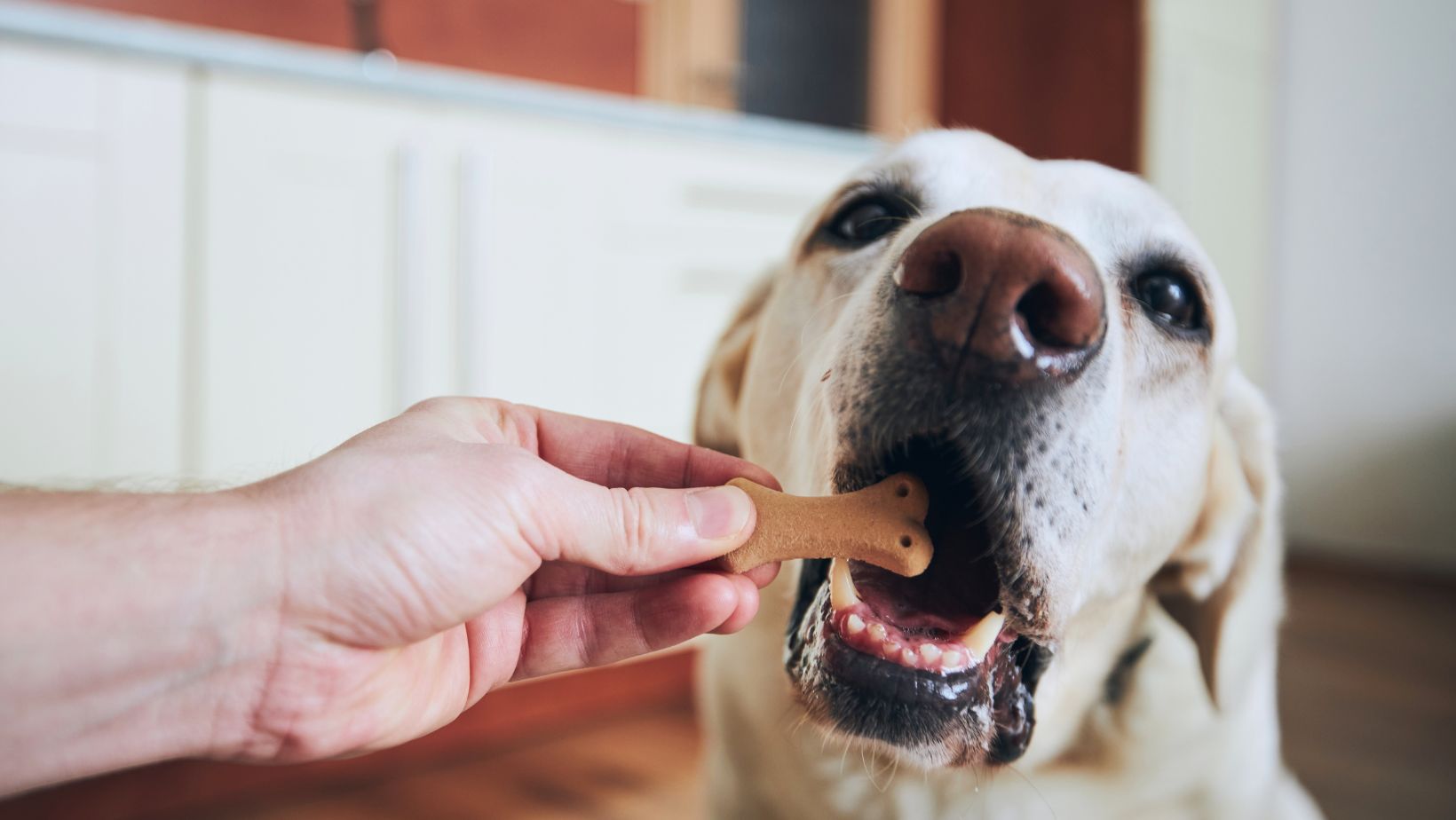How to Get Your Dog to Stop Eating Poop
Labradors are known to have some peculiar eating habits, and one of the most perplexing behaviors they exhibit is consuming their own or other animals’ feces. But why do Labradors eat poop? It’s a question that has puzzled many dog owners and experts alike. In this article, I’ll delve into the possible reasons behind this behavior and provide strategies to help you get your dog to stop eating poop.
The act of eating poop, scientifically referred to as coprophagia, can stem from various factors in Labradors. One theory suggests that it could be an instinctual behavior inherited from their wild ancestors who would consume feces to avoid attracting predators or for nutritional purposes. Another possibility is that Labradors engage in coprophagia due to boredom, anxiety, or seeking attention.
Reasons Why Labradors Eat Poop
The Instinctual Behavior of Labradors
Labradors, like many other dog breeds, have an instinctual behavior that can lead them to eat poop, a condition known as coprophagia. This behavior traces back to their ancestors’ survival instincts in the wild. In the past, dogs had to scavenge for food and resources, and eating feces was one way to obtain additional nutrients that might have been missed during digestion.
Possible Reasons for Poop Eating in Labradors
While the instinctual explanation provides some insight into why Labradors engage in this behavior, there are other potential reasons as well. Some possible explanations include:
- Boredom or Lack of Mental Stimulation: If a Labrador is not adequately stimulated or mentally engaged, they may resort to eating poop as a form of entertainment or self-soothing behavior.
- Dietary Deficiencies: A poor diet lacking essential nutrients can drive Labradors to seek out alternative sources of nutrition, including feces.
- Attention-Seeking Behavior: Dogs are highly social animals and may engage in poop-eating as a way to gain attention from their owners or other animals around them.
- Environmental Factors: Certain living conditions such as confinement or stress-inducing environments can contribute to coprophagia in Labradors.
- Learned Behavior: If a Labrador observes another dog engaging in coprophagia or receives positive reinforcement from their owner when they eat feces (such as inadvertently giving attention), they may learn and continue this behavior.
Health Issues That Can Cause Coprophagia
It’s important to note that sometimes medical issues can trigger coprophagia in Labradors. These health-related causes should be ruled out by consulting with a veterinarian if you notice your Labrador displaying this behavior persistently. Some potential health issues that may contribute to coprophagia include:
- Malabsorption Syndromes: Certain digestive disorders can lead to poor nutrient absorption, prompting Labradors to seek out feces as a way to compensate for nutritional deficiencies.
- Exocrine Pancreatic Insufficiency (EPI): EPI is a condition where the pancreas fails to produce enough enzymes necessary for proper digestion, leading to malnutrition and potentially causing dogs to eat poop in an attempt to obtain missing nutrients.
- Parasites or Intestinal Infections: Parasitic infestations or intestinal infections can disrupt normal digestion, causing Labradors to engage in coprophagia as their body attempts to eliminate the infection or parasite.
- Endocrine Disorders: Hormonal imbalances such as Cushing’s disease or thyroid problems could contribute to coprophagia in Labradors.

Tips to Prevent Your Labrador from Eating Poop
As a proud Labrador owner, I understand the frustration and concern that comes with your furry friend’s poop-eating habit. Rest assured, there are steps you can take to discourage this behavior and keep your Labrador healthy. Here are some helpful tips:
- Keep a Clean Environment: One of the primary reasons Labradors eat poop is due to boredom or curiosity. Ensure that your dog’s living area is clean and free of any waste. Regularly scoop up after your Labrador and dispose of the feces properly.
- Monitor Mealtime: A well-balanced diet plays a vital role in preventing coprophagia (the scientific term for poop eating) in Labradors. Feed your pup high-quality dog food rich in essential nutrients. Consult with your veterinarian to ensure you’re providing the right portions and nutritional requirements.
- Manage Anxiety and Stress: Some Labradors may indulge in poop eating as a response to anxiety or stress. Provide plenty of mental stimulation through interactive toys, regular exercise, and positive reinforcement training sessions.
- Supplement with Enzymes: Adding specific supplements containing enzymes to your Labrador’s food can help deter them from consuming their own waste by altering its taste and smell.
- Teach the “Leave It” Command: Training commands like “leave it” or “drop it” can be valuable tools in preventing undesirable behaviors such as eating poop. Consistently reinforce positive behavior when your Labrador responds appropriately to these commands.
- Stay Vigilant during Walks: During walks, keep an eye out for any potential temptations like wild animal droppings or littered waste on the ground. Be proactive by redirecting their attention away from these objects using treats or toys.
Remember, patience is key when attempting to break this habit in Labradors, as every dog is unique and may require different approaches. If the problem persists or worsens, consulting with a professional dog trainer or veterinarian can provide further guidance and support.
By implementing these tips, you’ll be taking proactive steps toward preventing your Labrador from eating poop and ensuring their overall well-being. Happy training!